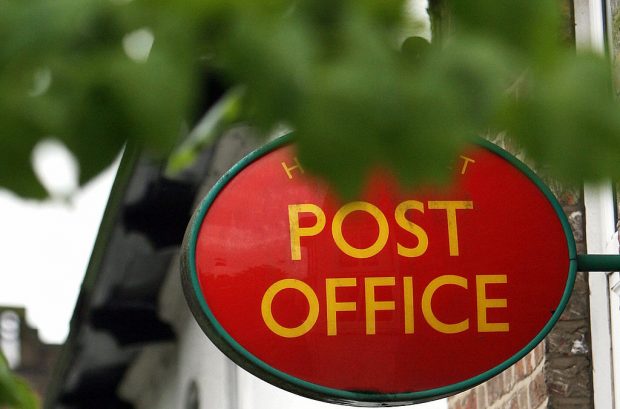Thousands of workers are walking out this week in a series of strikes affecting post offices, railways and airports – but who is to blame for this wave of industrial action? The answer is obvious, says the Daily Mail: ‘union dinosaurs’. The paper says the RMT president Sean Hoyle’s remarks that he wanted to bring down the Tory government finally revealed the ‘key aim’ of the strikes, and in doing so pushed away the ‘pretence that the vicious campaign of action which has crippled Southern rail has anything to do with safety’. It says that, as ever, the ‘first casualties’ in these latest strikes are the ‘long-suffering public’ and that while, in the past, Labour might have tried to at least ‘curb’ the activities of the unions, not any longer. Instead, Jeremy Corbyn – ‘an ideological relic of the 1970s’ – owes his position to the unions and will never ‘bite the hand that feeds him’. So what can be done about this miserable mess? Theresa May needs to go further than David Cameron who, the Mail says, ‘ducked the issue’. It’s time for the PM to introduce new laws to ban strikes in key industries, the Mail says; ‘the beleaguered public’ would back her all the way.
The Sun agrees with the Mail, saying that ‘power-mad union leaders’ are the ones to blame for the strike mayhem. But these walkouts are about much more than just disputes between bosses and workers, the Sun suggests. It says that in the wake of an impotent Labour party, ‘the militants now reckon their best chance of toppling Theresa May is making all our lives a misery’. But don’t be fooled: the unions are playing the same tricks as the BMA, the paper says, in citing patient safety as a false motivation for walking out. To deal with this, the Sun concludes, it’s time for rules cracking down on industrial action – making unions pay the price if strikes aren’t considered ‘proportionate’.
Britain’s aid budget is the talking point in the Times today, with the paper’s editorial arguing that ‘rationality and waste in spending on foreign aid’ is rife. The paper suggests its front page story showing that billions are ‘dumped’ on projects to meet government targets shows that these ‘misguided’ annual targets aren’t working. While David Cameron’s pledge to spend 0.7 per cent of Britain’s GDP on aid was ‘well-intentioned’, that policy is creating ’perverse incentives’, the Times says. The paper calls on the international development secretary Priti Patel to do something about the mess. But it doesn’t seem optimistic that Patel will have an answer – suggesting that, so far, she has ‘not…given any indication of having’ a better strategy than the current plan. So what can be done? Helping third world countries develop ‘market economies’ is the way to go, the paper suggests. It goes on to argue that ‘aid should be a complement to, not a substitute for, private-sector activity’. To think otherwise won’t help anyone, the paper concludes.
But the Guardian adopts a softer line on Britain’s aid spending, calling for more ‘light’ and ‘less fury’ from those criticising the government on this issue. The paper says aid spending is much more complicated than many realise – arguing that the whole business is a ‘slow and complex’ one which can take years to appear to have a proper effect. But while it’s important to monitor where Britain’s money is being spent, the Guardian says the current row is something different, and nastier. The paper says that those hitting out at spending on aid are opposed to the ‘the very principle of it’, rather than the way it’s being done. Don’t listen to such opponents, the Guardian says. Instead, it’s time to ‘stop the name calling’ and start talking about how to improve – not end – government spending on aid.







Comments